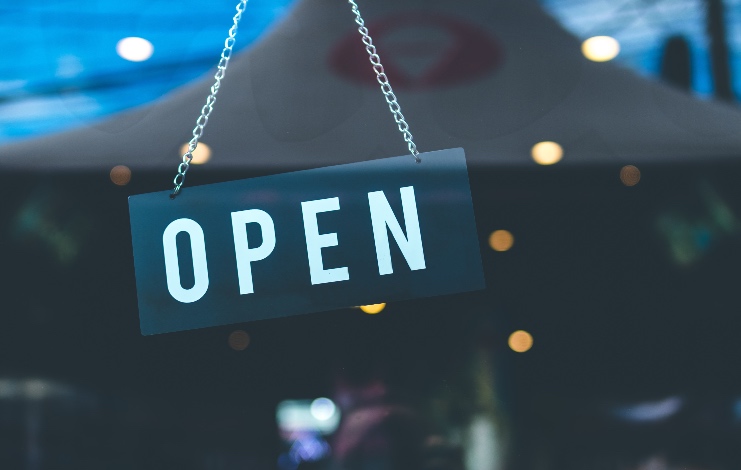Starting a new business can be very challenging, especially if it is a restaurant. Most people think starting a restaurant is all about choosing the right designs and themes, but they don’t know about the trouble of finding the perfect location, different kinds of licenses and permits that are required, and might underestimate the initial and day-to-day costs to efficiently run a restaurant. All this might seem overwhelming, but if you start with the important aspects that are given below, you might just succeed.
Having the right ideas
Think about the kind of restaurant you want to own. The kind of food you want to serve and the theme should be clear from the beginning. The restaurant should represent your brand. The dining room and atmosphere should be a manifestation of who you are. If the restaurant you are planning for is a small coffee shop, then it should have a homey and welcoming feeling. If it is an upscale Mediterranean restaurant, it needs to display class. The design of the restaurant, the staff’s energy, and their way of communicating with the customers will also show what your restaurant is about. The menu should be specific to a certain cuisine and should also match the restaurant’s style.

Start-up investments
When you are starting a restaurant, you need to make a list of everything that will be required every day for the first year. Search for suppliers and vendors to see who can offer the best quality products at the lowest price. When choosing the right vendor, you need to take note of each ingredient’s price and calculate the cost of each item from the menu to help you figure out if they fit your price range.
Don’t forget to add the costs of licenses, permits, rent, and insurance along with other things. Now you can figure out how much capital you need to invest. For financial assistance, consider applying for a loan or getting investors.
Licenses, insurance, and permits
To start a restaurant, you will need to obtain the correct licenses and permits from the government. These licenses may include a business license, food service license, liquor license, and a few others based on the kind of establishment you are planning to open. A sign permit, resale permit, and building health permits are a few examples of the permits you may need. You should consider talking to a lawyer to help you properly apply for these licenses and permits.
You will also need insurance to cover property-related and restaurant liability charges. It will help when any property is damaged or if a customer sues the restaurant. A restaurant that delivers food also has an auto-insurance policy added into its agreement with the insurance company. You can speak to the Charles River Insurance company for assistance. Continuing education and training for your employees are equally important to the success of your business. Consider implementing online food handler’s certification training to outfit your kitchen staff with the skills they need to safely handle your produce.
The ideal location

To find the ideal location, you need to examine areas based on the kind of stores nearby, the environment of the area and the people that visit or live there. Commercial spaces will have a lot of competition. Your target audience might be visiting the establishment next door, but you can use it to your advantage.
For residential areas, try to see the kind of people who live there and whether or not they will like and be able to afford the food your restaurant serves. For example, a small neighborhood diner might attract more people and kids around a residential area.
Keep in mind that the location determines many financial elements, like salaries, rent, and which theme would be most successful.



